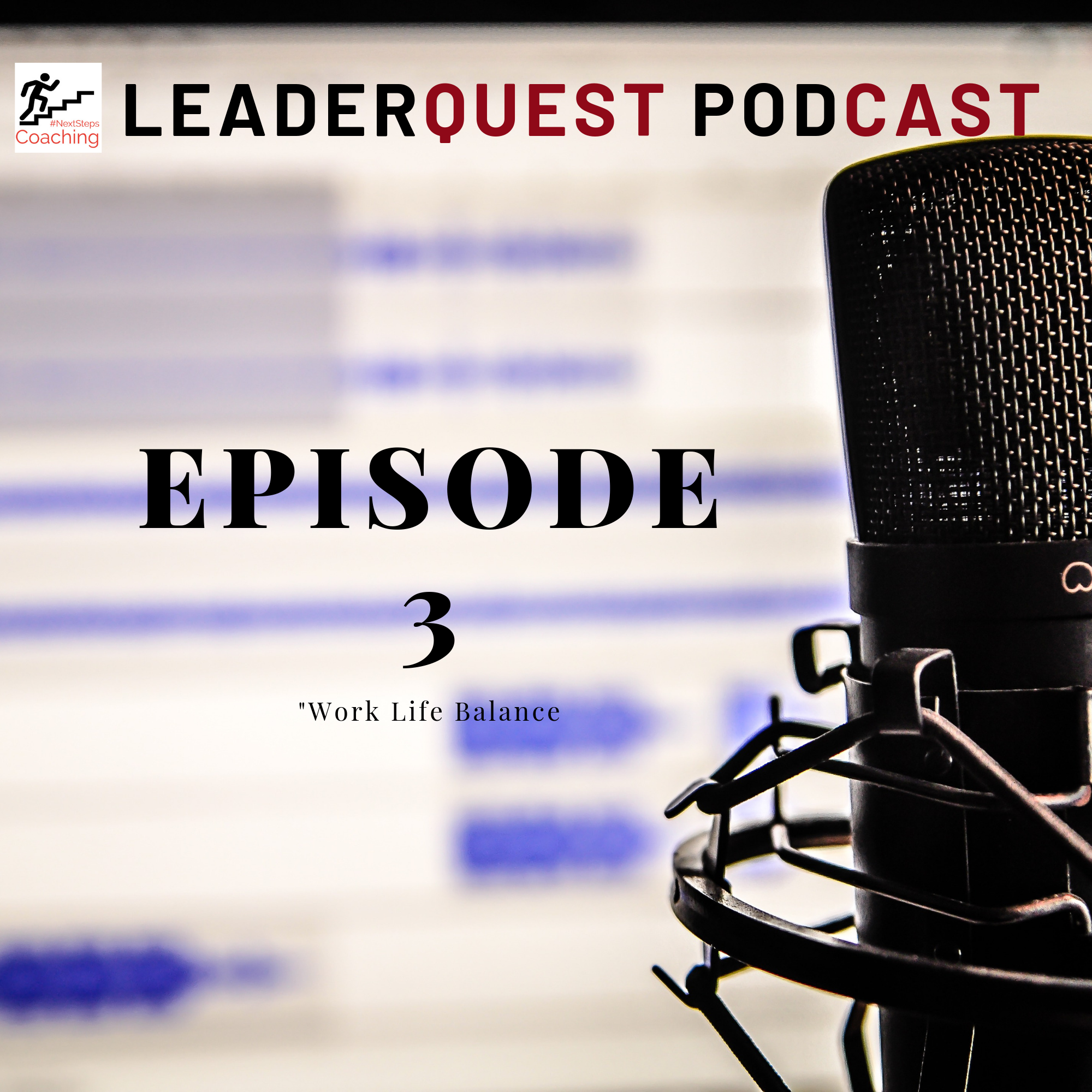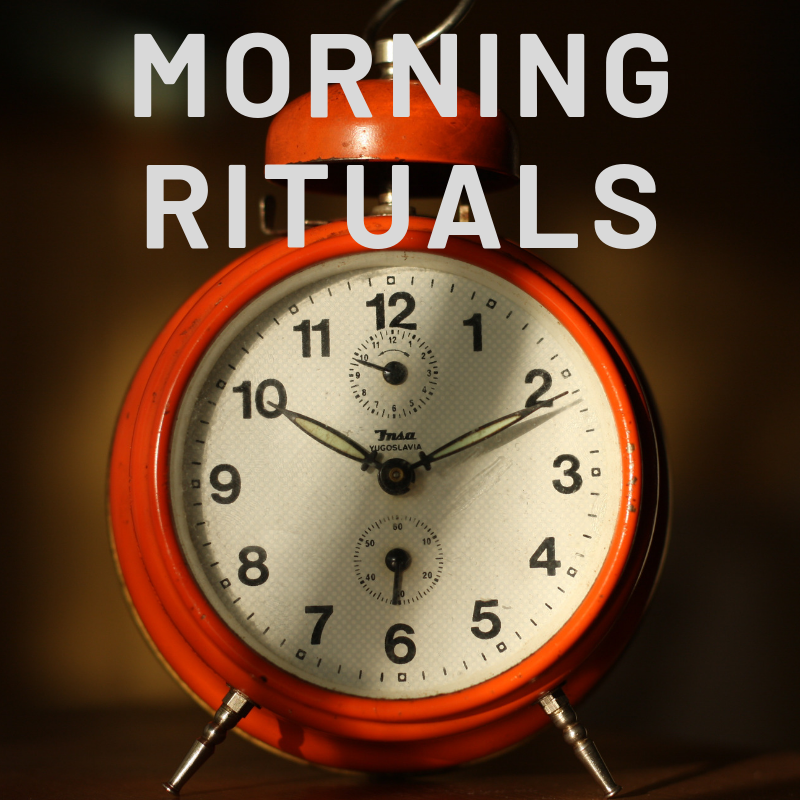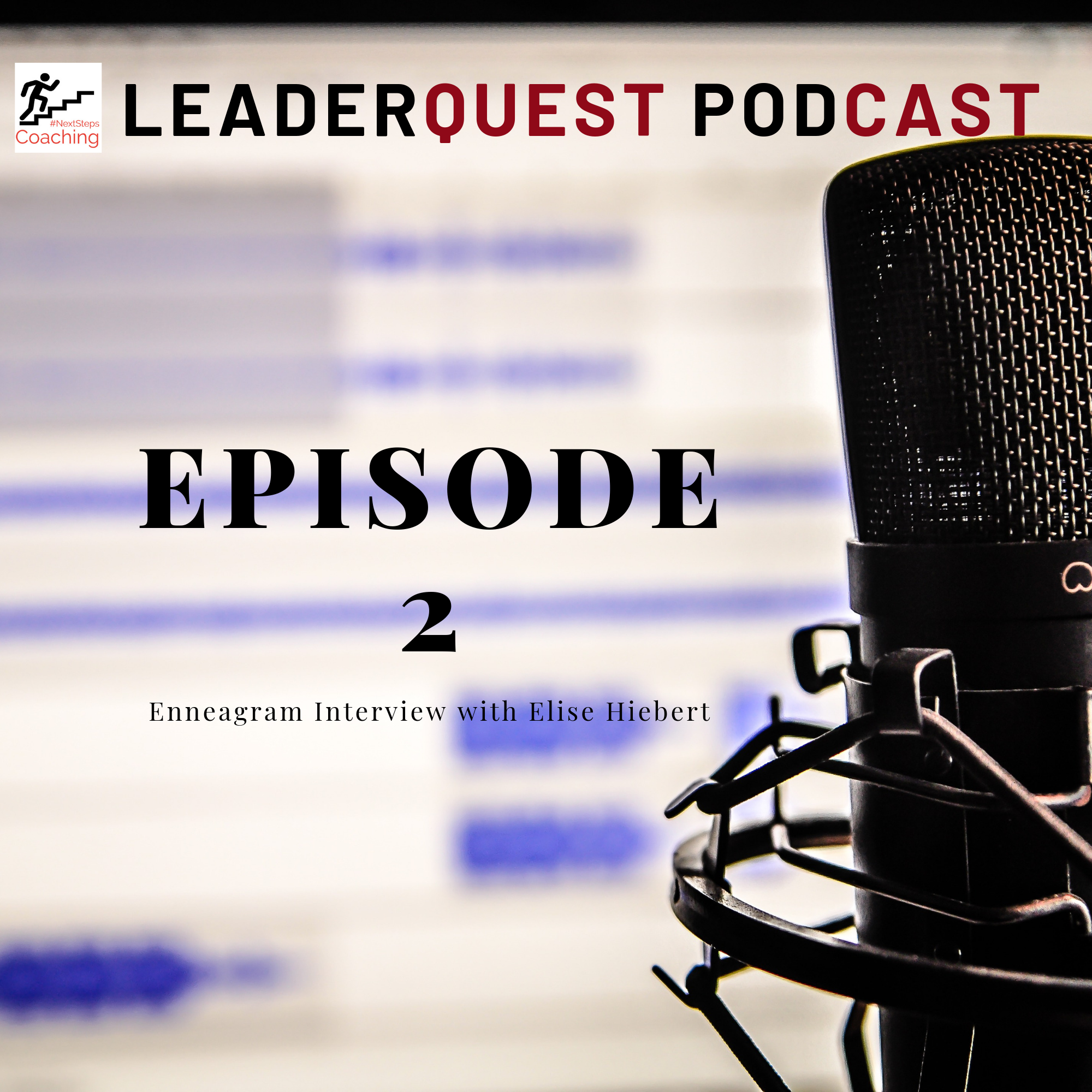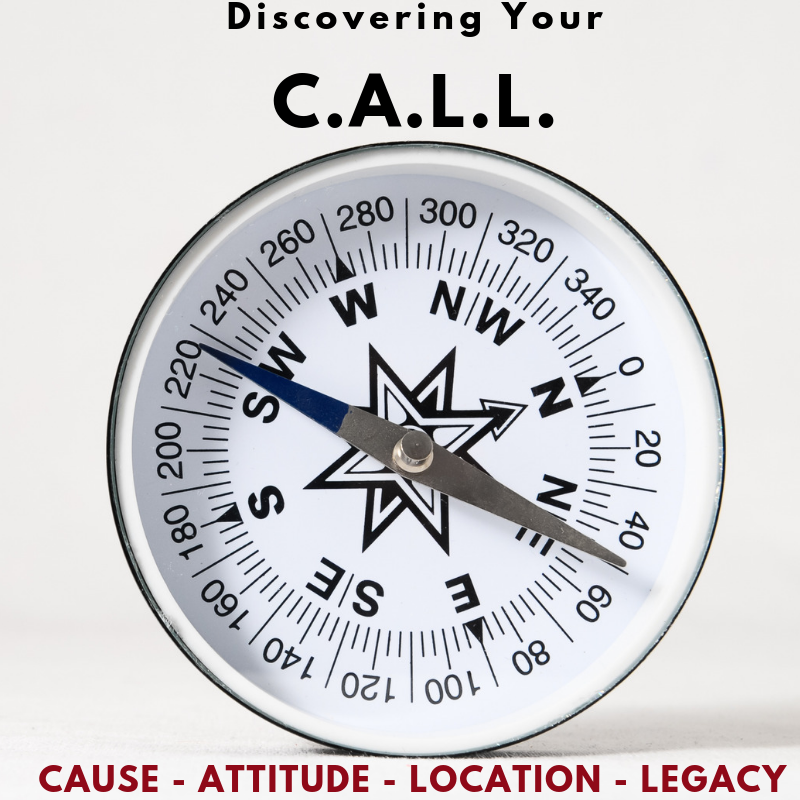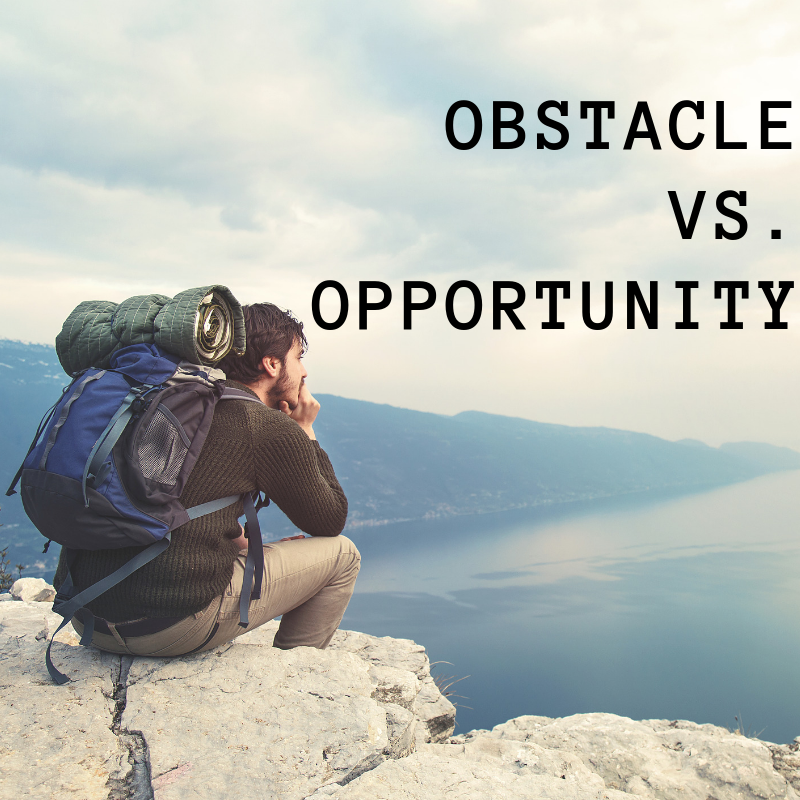
How we see the past in front of us, as an opportunity or obstacle, will determine a lot of our success.
Ascending the Mountain
During my high school years, I went to a wonderful camp nestled in the mountains of Colorado. Full of whitewater rafting, ropes courses, mountain lake swimming, and nature hikes it was a time full of great memories.
Behind the camp was one notorious trail. At the end of it, near the peak of the mountain stood a little inlet that gave view to the most incredible sunrises. Looking over the valley below, you could watch the sun illuminate life all around you.
Because of how early the sun rose, you had to start the hike while it was still dark. But if you made it to the summit in time, it was worth the investment.
About halfway up (and technically at the edge of the camp’s property) stood one giant boulder. The first half of the hike was fairly easy, and the last third was full of steep climbs and loose rocks, but getting over this boulder was easily the most challenging part.
It required careful navigation, a leap off one rock as you jumped up to grab onto the top of the boulder. From there, it was a pullup and leg swing away from getting over. It took careful planning, sure feet, some upper body strength, and mental toughness.
I was with my fair share of people who hit that point in the journey and then decided to turn around and head back to camp.
The question about the boulder was whether or not it was an obstacle or an opportunity.
Opportunity or Obstacle? 
Whether or not we see something as an obstacle or an opportunity comes down to our mindset. There was (quite literally) a boulder blocking my path on the way up the mountain.
In life, we will experience similar obstacles. Unexpected bills. Job loss. Sick family members. A late-night phone call beckoning us back to work. At various times and in various ways, we will experience boulders all around us.
Our mindset determines our outcome. The difference between opportunity and obstacle is not the size of the problem, the timing of the event, or the outcome.
It is firmly planted in our mindset. How we see the obstacle will determine how we traverse the landscape and overcome adversity.
If the current issues in your life are obstacles, you, like many of my friends on that hike, will quit. Choosing to give up instead of pushing through what may seem like a temporary relief to the heartache and struggle.
But I also know that when you don’t push through, you can’t ascend the mountain top and see the amazing views.
My friends who quit never made it above treeline. On your quest for success, if you don’t develop the daily grit and habit of pushing through, you’ll never get above the tree line in your life to get to the mountaintop.
Three Things
Pushing through the hard things in life, and transforming circumstances into opportunities is a key characteristic of high achievers. Never settling for a second-best “Plan B”, they keep their mind engaged towards growth.
If you want to do the same, here are three things you can do to change your obstacles into opportunities:
- Ask: “How have I already been equipped to deal with this problem?” Too often, we think that each problem is insurmountable. Not true. Instead, look for ways you have already overcome similar situations and what you’ve learned and could implement here.
- Ask: “Who do I know?” You don’t have to do this journey alone. A trusted coach, friend, mentor, or loved one can help you navigate those areas and find forward momentum.
- Ask: “What’s at stake?” Many times, we lose hope because we aren’t clear on what’s at stake if we quit. Will you lose your job? Passion? Sense of purpose? Money? There are many potential motivations but the deepest failures are the ones where we lose a bit of ourselves. Get clear on what’s at stake at commit to act so you don’t lose it.
Bonus Tip: Ask: “If I overcome this circumstance, what else would be possible?” Don’t limit your thinking to the difficulty in front of you. Think long term. Overcoming one area of difficulty can lead to another, another, and another. Small wins lead to big wins. Big wins lead to transformation. Transformation leads to success. Success leads to lasting influence and legacy.
Comment below: What’s one brave choice you can commit to today to help overcome a difficult situation?
